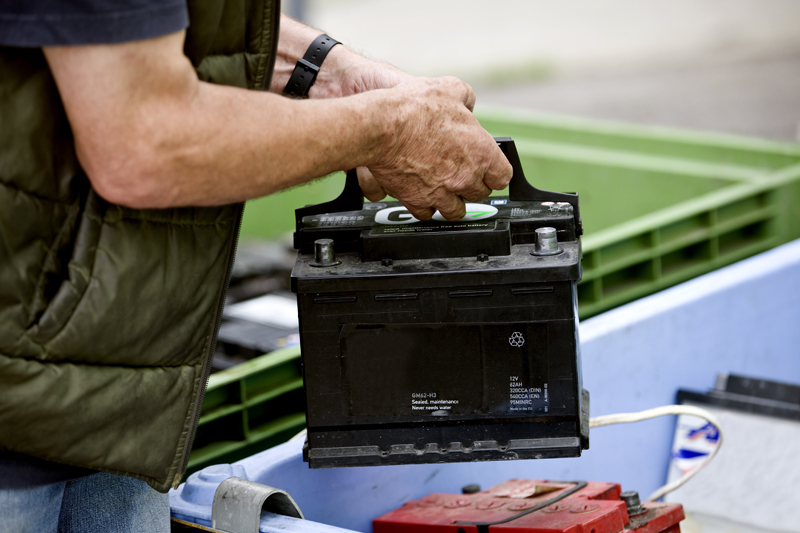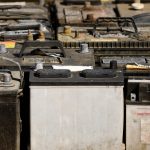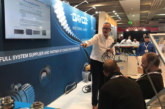With environmental concerns continually growing within the automotive industry, Ecobat Battery Technologies sets out why factors should recycle at every opportunity and explains how the company’s battery recycling scheme can help to achieve this aim.
Ecobat Battery Technologies (EBT), automotive and commercial vehicle battery distributor, provides factors and their workshop customers with not only the batteries themselves, but also a number of services and support to go alongside them.
Therefore, in addition to its product portfolio, which includes the VARTA, Lucas and Numax brands, EBT provides customer focused services such as battery training, marketing support, battery advice and a comprehensive waste management programme.
With environmental concerns quite rightly much more in the public eye, the aftermarket has become far more environmentally aware and committed to playing its part. It is therefore a central pillar of EBT’s customer service package to include a reliable waste management policy that ensures that the environmental and legislative responsibilities of those selling batteries to their trade customers are taken seriously and fulfilled completely.

As a member of the wider Ecobat Technologies group, EBT is able to bring considerable benefits to its customers, not least in being able to state that its ‘closed- loop’ waste management policy ensures that more than 95% of each battery it collects is recycled.
This statistic is possible due to the fact that within the group there are companies that specialise in all the processes that are necessary to enable automotive, commercial vehicle and related batteries to be recycled fully and responsibly. So in addition to EBT, whose primary function is to distribute and sell new batteries, there are also businesses that dismantle, separate and process the elements that make up each battery.
The processed elements are then resupplied into a number of industries as important core products. These include the sulphuric acid in the battery’s electrolyte, which is recycled into gypsum, the battery cases which are recycled into polypropylene and of course the lead, which is processed through the company’s own lead smelting facilities, to be supplied as lead strip, wire or shot and also as lead ingots to many of the world’s battery manufacturers, so completing the ‘loop’.
It is for these reasons that EBT believes it provides a scrap battery recycling scheme that is the benchmark for the industry. It can offer its customers a complete service that not only takes the worry out of battery waste, but can also turn that waste into extra profits, which can be put back into the business.
Unfortunately, as seems to be the case with every piece of government legislation, there is an inevitable bundle of paperwork that accompanies the disposal of waste batteries. However, EBT can help its customers deal with the time-consuming and confusing administration process by completing the Environment Agency scrap registration form and ensuring that it is then updated annually.
For customers that supply a lot of batteries and therefore collect a large number of scrap batteries, EBT can provide a scrap battery bin, which can be conveniently located on the premises. When the bin is full, a phone call is all that is required to have the full bin collected and a new scrap bin delivered. Smaller customers, however, can simply arrange for the collection of the old battery when the new one is being delivered.
Bearing in mind the high rate of recycling efficiency that can be achieved from a scrap battery and the cost of lead on the global metal markets, scrap batteries have an inherent value. Therefore, sensible waste management can be a profitable exercise, as well as being a highly responsible approach to a potentially hazardous waste product.








